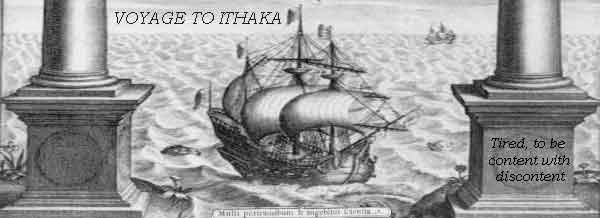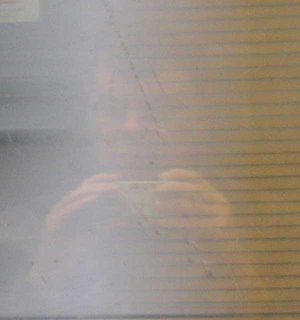He wishes for...
Listening to Howard Skempton's luminous setting of Yeats:
Had I the heavens' embroidered cloths,
Enwrought with golden and silver light,
The blue and the dim and the dark cloths
Of night and light and he half-light,
I would spread the cloths under your feet:
But I, being poor, have only my dreams;
I have spread my dreams under your feet;
Tread softly because you tread on my dreams.
I have loved Skempton's music since I heard, by chance, Mary Wiegold singing his setting of Emily Dickinson's
How slow the Wind
How slow the sea -
How late their Feathers be.
(Not, as one website has it, "fathers"!)
The Yeats setting is on a CD by the Choir of Queens' College, Cambridge (alongside other settings by Skempton, Tippett, Judith Weir and Jonathan Harvey). (The title of the cover painting, by David Leverett, is Sensitive dependence on initial conditions, a problem I've often had to worry about in my mathematical career.)

I have been particularly thinking tonight about Harvey's setting of an extract ("Though mastering me God) from Hopkins's The Wreck of the Deutschland. I have loved this poem since my teens, and like Harvey's setting, which does not at all conform ot my expectations of how the poem might sound.
Why is it that, although an atheist, I find religious poetry and music speaks to me so powerfully? Do I lack the courage of my convictions?
Had I the heavens' embroidered cloths,
Enwrought with golden and silver light,
The blue and the dim and the dark cloths
Of night and light and he half-light,
I would spread the cloths under your feet:
But I, being poor, have only my dreams;
I have spread my dreams under your feet;
Tread softly because you tread on my dreams.
I have loved Skempton's music since I heard, by chance, Mary Wiegold singing his setting of Emily Dickinson's
How slow the Wind
How slow the sea -
How late their Feathers be.
(Not, as one website has it, "fathers"!)
The Yeats setting is on a CD by the Choir of Queens' College, Cambridge (alongside other settings by Skempton, Tippett, Judith Weir and Jonathan Harvey). (The title of the cover painting, by David Leverett, is Sensitive dependence on initial conditions, a problem I've often had to worry about in my mathematical career.)

I have been particularly thinking tonight about Harvey's setting of an extract ("Though mastering me God) from Hopkins's The Wreck of the Deutschland. I have loved this poem since my teens, and like Harvey's setting, which does not at all conform ot my expectations of how the poem might sound.
Why is it that, although an atheist, I find religious poetry and music speaks to me so powerfully? Do I lack the courage of my convictions?



5 Comments:
I don't really think so. I gues religion, or to say it better, faith, has inspired beautiful works.
Take Herbert, take Donne, take Hopkins and so many more. I like the Haendel's Messiah very much, up to a point of extasy!
I felt like that at Christ's Church, that Sunday.
And I say it again: your are posting beautiful poems! Thank you.
What I am particularly enjoying is the focus on the woords that comes from posting the poem after I have been listening to a musical setting, and the random element of coming to a piece of poetry that happens to be on a CD I've chosen for the music.
Random poetry?? I don't believe you!
OK, it's not the poetry that;s random, but the way I come across it. Getting down a book that I happen to see on the shelf when I'm looking for something else. Reading a poem of which I am reminded by a resonance with something else I come across. Putting on a CD to listen to one song and finding it followed by another I'd forgotten. It's like hearing music on the radio rather than choosing to play one of my CDs - the unexpectedness of somebody else's choice adds a frisson and takes me out of myself.
Post a Comment
<< Home